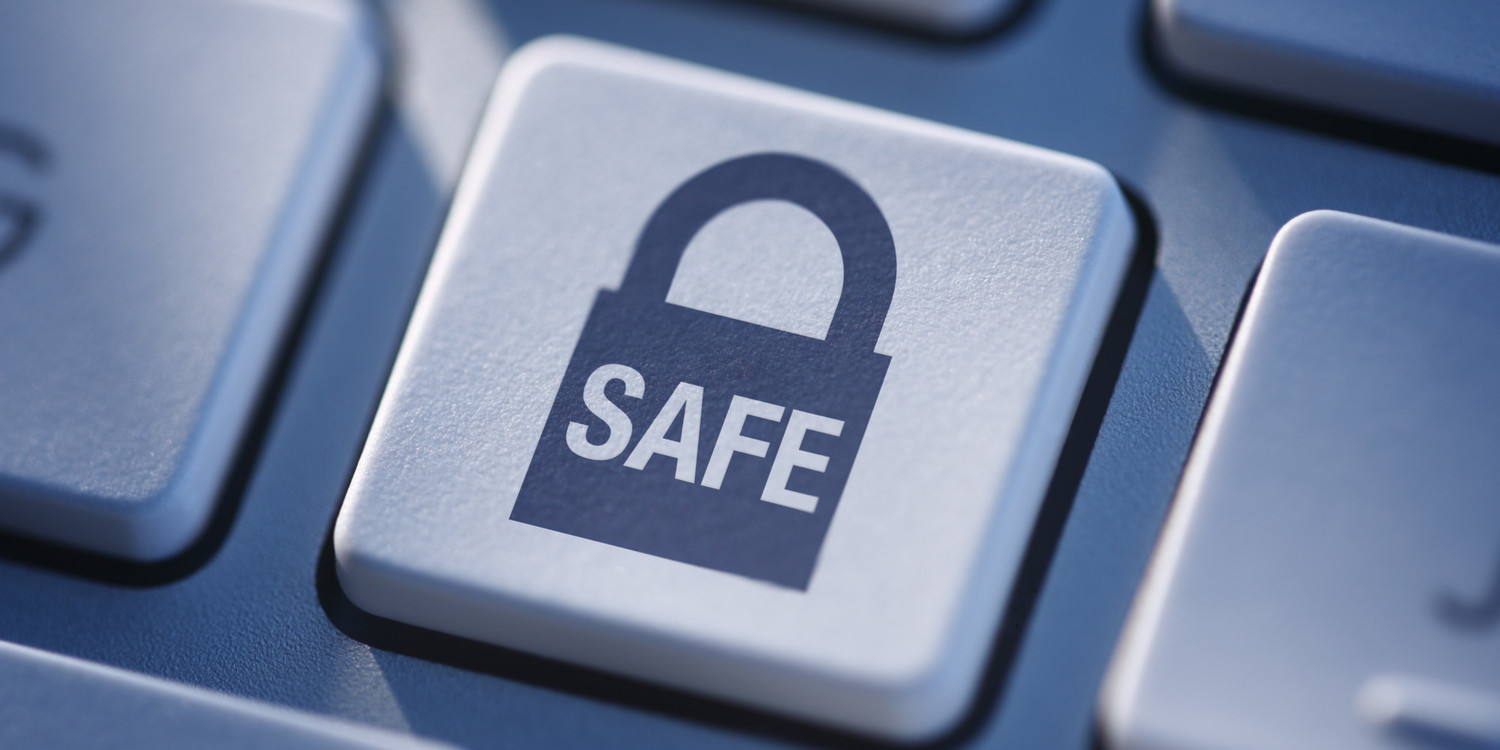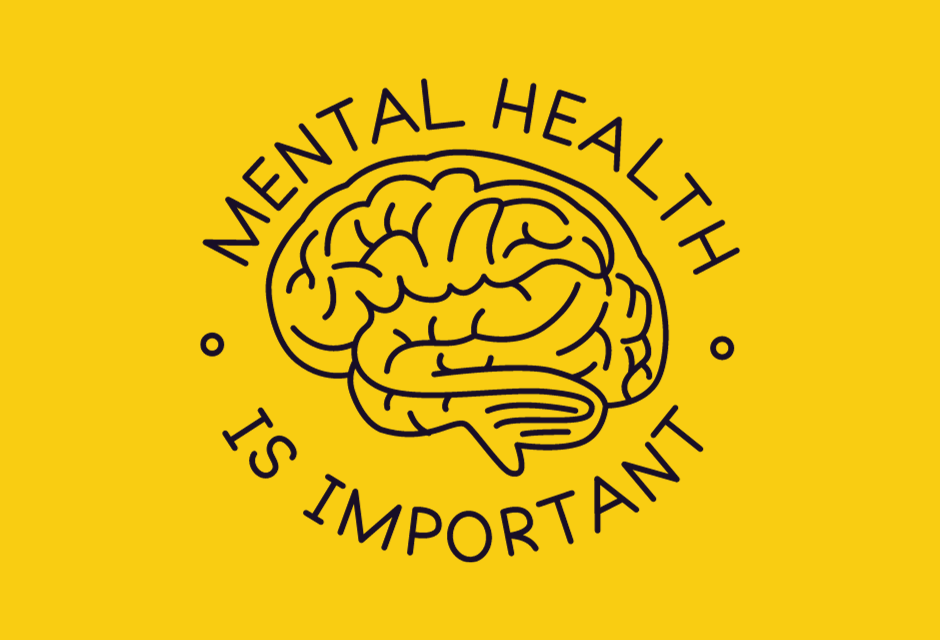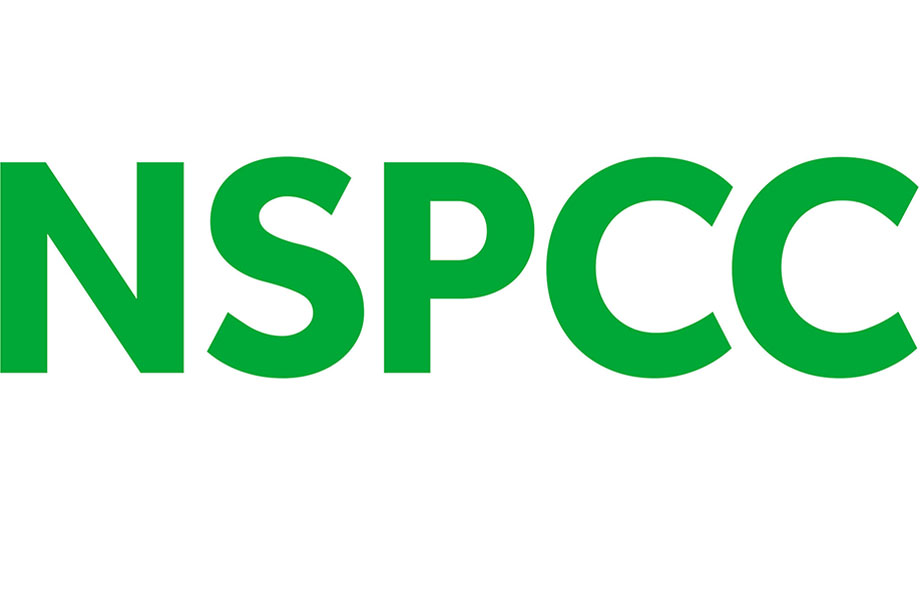Key Information
Safeguarding Guidance
There is a strong safeguarding team working in Murray Park Community School.
The person with overall responsibility for safeguarding is Miss Rebecca Somes (Deputy Headteacher). If you have any concerns in relation to safeguarding, please contact a member of the safeguarding team immediately.
Rebecca Somes – Designated Safeguarding Lead
Theresa Lucas – Deputy Designated Safeguarding Lead
George Hagen – Deputy Designated Safeguarding Lead
Murray Park Community School operates a dedicated email address which is montiored by the safeguarding team in case of safeguarding concerns: safeguarding@murraypark.derby.sch.uk
The school Governor with responsibility for safeguarding is Louise Shaw – concerns about staff can be relayed to the Chair of Directors, Paul Davies on complaints@murraypark.derby.sch.uk
You can leave a message on our safeguarding email at any time, however, if you believe that a child or an adult is at immediate risk of harm, and in need of protection, then you should call the Police – 999, straight away. Alternatively if you want advice from the Police and the child or adult is not in immediate need of protection, you can call the Police on the telephone number 101
If you are concerned about a child’s welfare or worried they are being abused, you can make a referral to Children’s Social Care in the area where the child lives.
- In Derbyshire via Starting Point Telephone contact to StartingPoint 01629 533190 or via an online referral.
- In Derby City:
Urgent referrals (by Initial Response Team) during normal working days between 9 am and 5 pm on 01332 641172.
At all other times concerns can be discussed with Careline who can be contacted on 01332 956606. Online referrals will only be checked during normal working days between 9am and 5pm, only urgent referrals made on 01332 956606 will be responded to out of hours, on weekends and bank holidays.
At Murray Park Community School we are fully committed to safeguarding our students and staff. Safeguarding children lies at the heart of all that we do in school. Safeguarding refers to the work we do with our children to keep them safe when they are in school and when they are in the wider community. It encompasses the support we give to enable every young person to achieve their full potential. Safeguarding also includes our work on child protection, ensuring that we act appropriately if we have concerns that a child may be suffering significant harm or is at risk of suffering such harm. We take notice of and adhere to all the national and local policies and guidance in regard to Safeguarding Children and Young People.
Safeguarding is summarised as:
- protecting children from harm
- preventing damage to children’s mental and physical health or development
- making sure that children grow up safely, and
- taking action to make sure all children have the best start in life.
THE SIGNS OF ABUSE
There are four categories of abuse:
- Physical abuse
- Sexual abuse
- Emotional abuse
- Neglect
Abuse is often well hidden and will not always be easy to identify. It is important that we are alert to the possibility of abuse and report concerns we may have. Symptoms of abuse are discussed in training for all staff in school to help us to recognise situations where it may be occurring. Please see our Safeguarding Policy, on our website for specific signs of abuse.
All our staff are trained to identify signs of abuse and staff have a duty to report concerns about a child. In the first instance they would report to the school safeguarding team who may then take the decision to report the case to social care. All staff undergo regular training to ensure they are aware of the most up to date practice in Keeping Children Safe in Education.
Everyone who comes into contact with children and their families has a responsibility to safeguard children.
At Murray Park Community School we take our responsibility very seriously and ensure we maintain an ‘it could happen here’ attitude where safeguarding is concerned.
If no-one from the safeguarding team are available to discuss your concerns you should speak to any other member of the Senior Leadership Team.
Our safeguarding & RSHE curriculum is designed to educate our pupils about how to stay safe and protect themselves from various risks and dangers. The content of our safeguarding curriculum varies depending on the age group, cultural context, and specific needs of the cohort.
Students are encouraged and educated, to ensure that they have a strong understanding of having a ‘Trusted Adult‘ that they can go to if they have any concerns or worries.
Safeguarding children is everyone’s responsibility.
Please follow the links to policy documents below
Child Protection and Safeguarding Policy
Information and advice
Keeping Children Safe in Education
What to do if you are worried about a child being abused
Working together to safeguard children
Derby and Derbyshire Safeguarding Children Partnership
https://saferderbycity.org/home-parents/#
Advice for parents – Ask the Awkward
Important topics and information
Knife Crime – How to talk to your children about knife crime
FGM – Female Genital Mutilation
NSPCC Protecting children from radicalisation
How do I talk to my teenager about healthy relationships and consent?
Talking-to-your-child-about-online-sexual-harassment-a-guide-for-parents/
Domestic Violence and SDAT:
Stopping Domestic Abuse Together, also known as SDAT, is an early notification system to schools. It is our local version of Operation Encompass (Home : Operation Encompass ) and informs schools of any incidents of domestic abuse where the police have attended a household where children aged 5-16 live.
Derbyshire Constabulary lead on SDAT, with support from partners such as local authority children’s social care, health services, schools and other safeguarding agencies. It has been rolled out with all schools in Derby and Derbyshire.
SDAT helps schools respond to children’s needs in the education setting to support them with their learning, emotional and social development. It also promotes effective communications between police, local authority children’s social care and schools where there has been a domestic abuse incident
To find out more about what domestic abuse is, visit this dedicated web page:
https://www.derbyshire.police.uk/advice/advice-and-information/daa/domestic-abuse/
E – Safety

Through IT, Personal Development and other curriculum subjects, pupils are helped to talk about their feelings, know about their rights and responsibilities, understand and respond to risks, to deal assertively with pressures and know who they can turn to for advice and help both in and out of the school and how to make a compliant.
The following areas are addressed within IT, Personal Development, assemblies, tutor time and in the wider curriculum:
- Bullying, including cyber-bullying
- Online/e safety
- Child exploitation – CSE (Child sexual exploitation) & CCE (Child criminal exploitation), online and offline
- Healthy relationships online, including online sexual harassment and violence
- Consent
For information on how to keep safe using the internet, please visit any of the following approved websites:
http://www.nspcc.org.uk/preventing-abuse/keeping-children-safe/online-safety/
Devices are an easy way to keep children entertained, and spending time online and on devices can be a positive thing. But higher screen time puts children at risk of being bullied or abused, seeing inappropriate content, and not getting enough sleep and exercise. Read this guide to find out how to keep your child safe and healthy.
Your child screen time – parent guide
Child Safety Online: A practical guide for parents and carers whose children are using social media
TikTok is a video-sharing app that’s very popular with children and teenagers. Read this factsheet to learn more about what it is and what steps you can take to help keep your child safe on TikTok.
Tik Tok App Safety – What parents need to know
Snapchat has recently added a ‘Meet Up’ feature. If your child is sharing their location, other users would be able to get directions to where your child is. Encourage them to turn their location sharing off, and only be ‘friends’ on the app with people they know and trust offline. see our factsheet for more information on how to keep your child safe on Snapchat.
Snapchat_parent_factsheet_July_2022_S1uPGWl.doc
To report any online abuse please use CEOP and other useful websites:
https://www.ceop.police.uk/safety-centre/
https://www.nspcc.org.uk/keeping-children-safe/online-safety/online-reporting/
https://www.childline.org.uk/get-support/
Mental Health and Wellbeing


We all have mental health, just like we all have physical health. It’s about how we think, feel and act. Sometimes we feel well, and sometimes we don’t. When our mental health is good, we feel motivated and able to take on challenges and new experiences. But when our mental health is not so good, we can find it much harder to cope.
There are online resources available to help you and your child with mental health, including:
- NHS Mental health for children, teenagers and young adults
- Young Minds – provide young people with tools to look after their mental health. The website is full of advice and information on what to do if you’re struggling with how you feel. They empower parents and adults who work with young people, to be the best support they can be to the young people in their lives. They give young people the space and confidence to get their voices heard and change the world we live in. Together, we can create a world where no young person feels alone with their mental health.
- Kooth – online mental wellbeing community – Free, safe and anonymous support
- MindEd (https://www.minded.org.uk/), a free educational resource from Health Education England on children and young people’s mental health
- Every Mind Matters (https://www.nhs.uk/oneyou/every-mind-matters/), which includes an online tool and email journey to support everyone to feel more confident in taking action to look after their mental health and wellbeing
- Bereavement UK (https://www.childbereavementuk.org/) and the Childhood Bereavement Network (http://www.childhoodbereavementnetwork.org.uk/covid-19.aspx), provide information and resources to support bereaved pupils, schools and staff
- Compass Changing Lives provides prevention and early intervention emotional wellbeing and mental health support to Children, Young People and Families (CYPFs) across Derby & Derbyshire. Changing Lives is made up of two services, a Mental Health Support Team which supports schools and CYPF in Derby, High Peak, Glossop, Erewash, Bolsover, the Derbyshire Dales, Chesterfield, Amber Valley and South Derbyshire, and the Early Intervention Targeted Support Service which provides support across the county and city. https://www.compass-uk.org/services/compass-changing-lives/
It is also vital to report any safeguarding concerns you have about any child. Contact the NSPCC helpline on 0808 800 5000 or Barnardo’s support service (https://www.barnardos.org.uk/see-hear-respond)
Safeguarding Spotlight
Each week we have a theme for our safeguarding spotlight, parents/carers are sent information around the current foci and how they can support their child, this is sent out via the school app. Students discuss the weekly focus during tutor time via the tutor slides, this encourages open and healthy discussions each week around safeguarding. Staff receive training/information and guidance on the current theme with information on how to support students, this is disseminated through the Headteacher update. The safeguarding spotlight further embeds our strong safeguarding culture at Murray Park.


